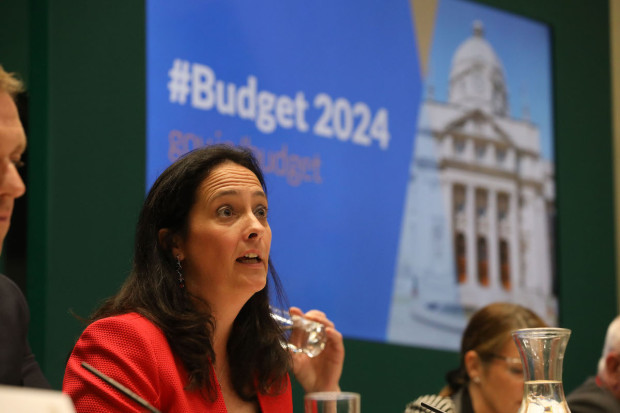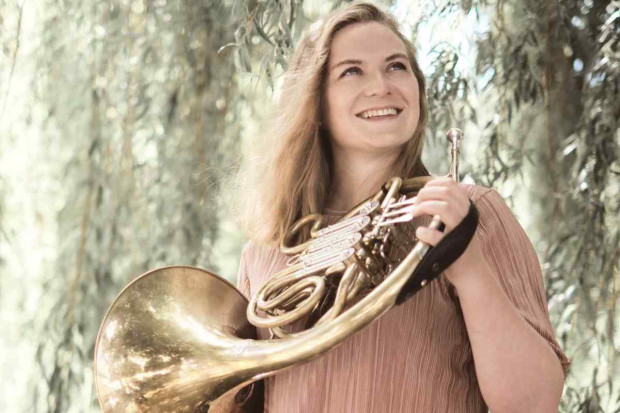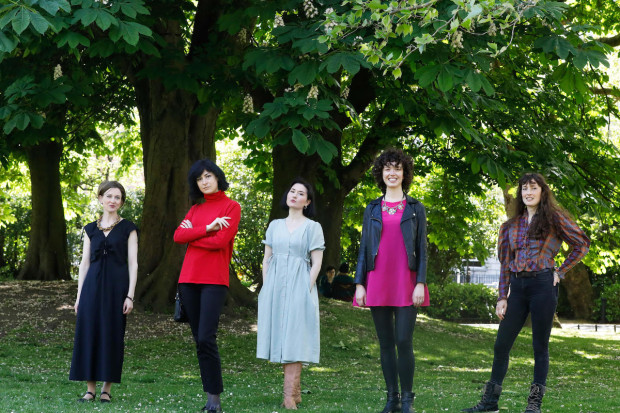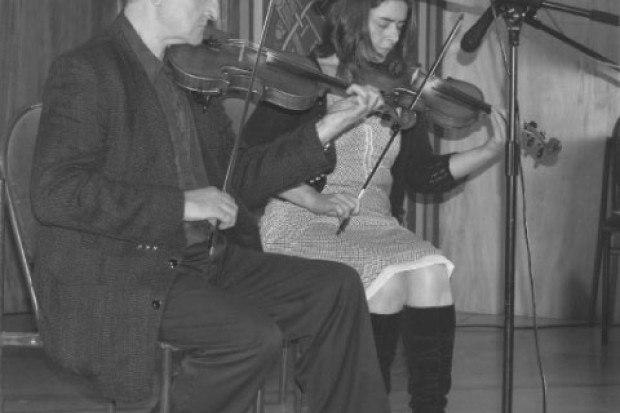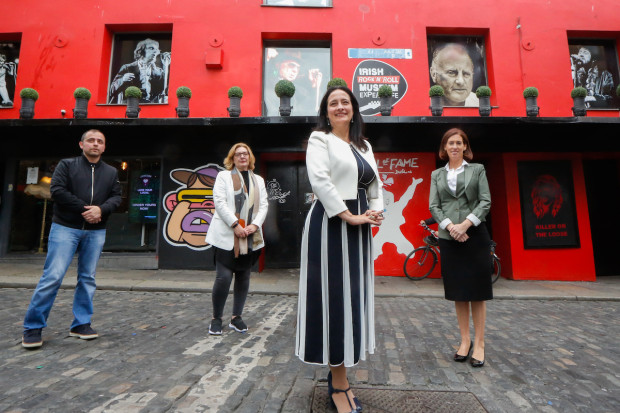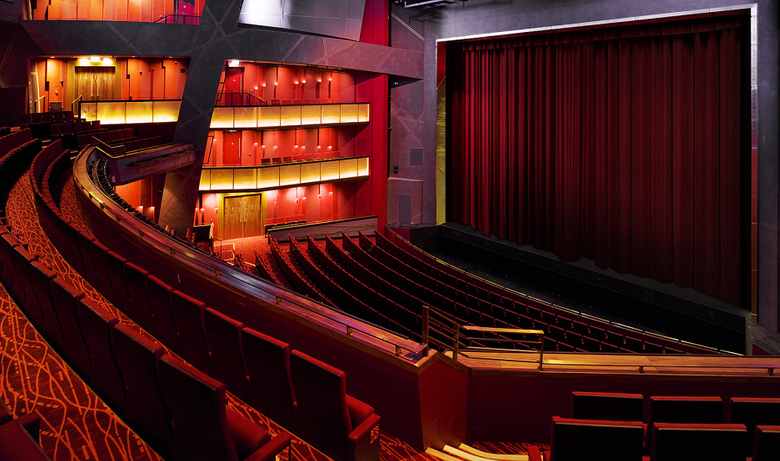
'Really Insulting': Artists Respond to Arts Crisis Funding Schemes
There has been a very negative reaction from artists and arts organisations to last Friday’s announcements from the Arts Council, Culture Ireland and the Department of Culture, Heritage and the Gaeltacht.
The Department and the Council announced a ‘COVID-19 Crisis Response Award’ that will provide grants of €3k to 333 artists to create and present art for dissemination through a new online platform created by the Council, and Culture Ireland and Facebook announced an ‘Ireland Performs’ scheme that will provide grants of €1k for 100 artists or groups to perform online.
The National Campaign for the Arts issued a statement saying that its members were ‘dismayed by the lack of vision shown in relation to the arts’ and Theatre Forum said its members were ‘disappointed’ and that for many who work in the arts sector ‘this award is largely irrelevant.’
The negative reaction comes from the fact that all current and a lot of future work in the arts in Ireland has essentially vanished within the space of one month. The government advised the cancellation of public events on 12 March and since then there has been a daily stream of major arts and music events cancelled, from Irish National Opera’s Carmen and the West Cork Chamber Music Festival to the Fleadh Cheoil and a scaling back of Galway 2020, and including the complete closure of all arts venues including the National Concert Hall. The impact on the arts sector has been ruinous and it is unlikely that all events and venues will survive. Initial figures from the Council suggest that the loss of audiences for March, April and May is 2.4m people. Over 12,000 arts activities have been cancelled and over 112,000 tickets had already been sold for arts activities that will now not take place. Sponsorship has also collapsed in a sector that was still trying to recover from the succession of cuts that took place between 2007 and 2014.
‘They’ve literally seen everything dry up,’ conductor and Artistic Director of Irish National Opera Fergus Sheil told the Journal of Music in relation to Irish artists. ‘This is not just people at the lower level of the career ladder, this is highly established artists – some of the greatest artists that this country has that are suddenly without any work… These are the people we rely on when we talk about Ireland being a creative place. We rely on their work and their talent and now they have nothing. This scheme is just way too small and way too specific.’
Sheil points out that the initial response of the Arts Council in relation to organisations was ‘very good and very swift’ – when public events were cancelled the Council immediately said that there were would be no penalties for organisations and they could also draw down funding early to help with cash flow – but ‘this idea that [artists] could get €3,000 for a performance online, people found that really insulting. That was the word a lot of people said when speaking to me… It doesn’t suit everybody… If you’re an opera singer, you don’t have an accompanist in your house. If you’re a composer, you don’t have performers around.’
He suggests that a bursary to allow them to continue to work would have been more appropriate: ‘People apply for a bursary for time to develop their practice. Now people have time. Composers could be composing… Players could be exploring new areas of repertoire. Singers could be perfecting their languages. There are lots of things that people could be doing that would be a long-term benefit for their career… people could use this time productively and emerge out of it stronger at the end.’
Key creativity
The Arts Council’s award is only open to artists ‘who can demonstrate a track record of professional practice as an artist’, but switching to producing solo or digitally collaborative work for an online platform is not the same for everyone. Majella Hollywood, CEO of Chamber Choir Ireland, also found the response by the Government last week ‘really disappointing.’
At the outset of all of this I thought the Arts Council responded incredibly well and incredibly quickly in ensuring that organisations could be kept running… [but] our artists only work for us on a part-time basis. They’re freelancers. Probably twenty-five per cent of their work in a year comes from an organisation like ours.
She says the COVID-19 Crisis Response Award is not suitable for a lot of people for a variety of reasons.
We’re living in a crisis situation… Many people are dealing with very different home situations where work and creativity can’t necessarily take place as it normally does. A lot of artists also work as collaborators so the opportunity to collaborate is obviously much reduced. The opportunity for key creativity is not necessarily there, but artists are going to be forced into a competitive process to create in a different way at a time when their heads are everywhere else and actually they’re looking to stay alive, they’re looking to pay rent, the same as everyone.
For the artists that Chamber Choir Ireland employs, ‘they’re choral singers… they can’t necessarily create content together in any sort of professional way to keep the standard of what they do at a high enough level’ and there are also ‘directors, producers, lighting designers, set designers [that] can’t necessarily access this type of payment. It’s going to be a very small number of people who feel they can apply.’
Allow artists to create
Karen Dervan, violist and co-curator of the monthly Kaleidoscope night, told the Journal of Music: ‘My ultimate problem with it is how exclusive this process is going to be because there are artists out there [and] this will work very well for them, and then there are artists who may have some fantastic artistic endeavours that they wanted to continue, but instead they have to spend the next two weeks figuring out how they can translate their artistic ambition into an online platform.’
[The Arts Council’s] remit has always been – and I think they do it to a great degree of success for the most part – to allow artists to produce and create work that they want to create and produce and they can therefore be somehow true to their own artistic ambition, whereas this is so straightjacketed in its thinking.
The arts sector is hoping that there will be further more positive announcements. A spokesperson for the Arts Council said that there are ‘ongoing meetings’ between the Council and the Department, and between the Council members. Chair Kevin Rafter tweeted on Friday that the Council ‘will work with government and local authorities to put in place a coordinated national plan for the arts’ and ‘will work closely with arts resource organisations to identify necessary and appropriate supports and interventions to help the arts sector.’
In the National Campaign for the Arts’ statement, the organisation said, ‘Other countries have rolled out significant supports for artists in these challenging times (e.g. Germany €50 Billion, Arts Council England £160 Million, Arts Council Wales £7 Million)… Our sector needs to be ready to come back fighting after this crisis is over; the lack of vision shown by the Minster and her Department will do nothing to create those conditions.’
Given the unprecedented challenge now facing artists and the arts sector, Sheil says, ‘People were expecting a comprehensive reaction to the situation. People were expecting a lot more.’
Update, Thursday 9 April: Arts Council Responds to Funding Criticisms










